5 Great Investors' Worst Mistakes (And What They Teach Us)
The next time you beat yourself up over a bad stock pick, take some solace in the knowledge that you’re not alone.


Profit and prosper with the best of Kiplinger's advice on investing, taxes, retirement, personal finance and much more. Delivered daily. Enter your email in the box and click Sign Me Up.
You are now subscribed
Your newsletter sign-up was successful
Want to add more newsletters?

Delivered daily
Kiplinger Today
Profit and prosper with the best of Kiplinger's advice on investing, taxes, retirement, personal finance and much more delivered daily. Smart money moves start here.

Sent five days a week
Kiplinger A Step Ahead
Get practical help to make better financial decisions in your everyday life, from spending to savings on top deals.

Delivered daily
Kiplinger Closing Bell
Get today's biggest financial and investing headlines delivered to your inbox every day the U.S. stock market is open.

Sent twice a week
Kiplinger Adviser Intel
Financial pros across the country share best practices and fresh tactics to preserve and grow your wealth.

Delivered weekly
Kiplinger Tax Tips
Trim your federal and state tax bills with practical tax-planning and tax-cutting strategies.

Sent twice a week
Kiplinger Retirement Tips
Your twice-a-week guide to planning and enjoying a financially secure and richly rewarding retirement

Sent bimonthly.
Kiplinger Adviser Angle
Insights for advisers, wealth managers and other financial professionals.

Sent twice a week
Kiplinger Investing Weekly
Your twice-a-week roundup of promising stocks, funds, companies and industries you should consider, ones you should avoid, and why.

Sent weekly for six weeks
Kiplinger Invest for Retirement
Your step-by-step six-part series on how to invest for retirement, from devising a successful strategy to exactly which investments to choose.
The next time you beat yourself up over a bad stock pick, take some solace in the knowledge that you’re not alone. Even the world’s most successful investors, including Warren Buffett, have blundered on occasion.
Although mistakes are inevitable, they don’t have to torpedo your portfolio. Taking losses on a bad investment, rather than sticking with it in hopes of a rebound, can sometimes be the best way to get your returns back on track. Take it from the pros: Many have compounded their losses by continuing to own a stock in the face of mounting evidence that the business faced steep, if not insurmountable, odds of recovering.
Here are some of the biggest blunders made by five top fund managers and investing stars. What you can learn from their mishaps can help you avoid similar pitfalls and improve your portfolio’s performance.
Data is as of May 16, 2017, unless otherwise indicated. Click on symbol links in each slide for current share prices and more.
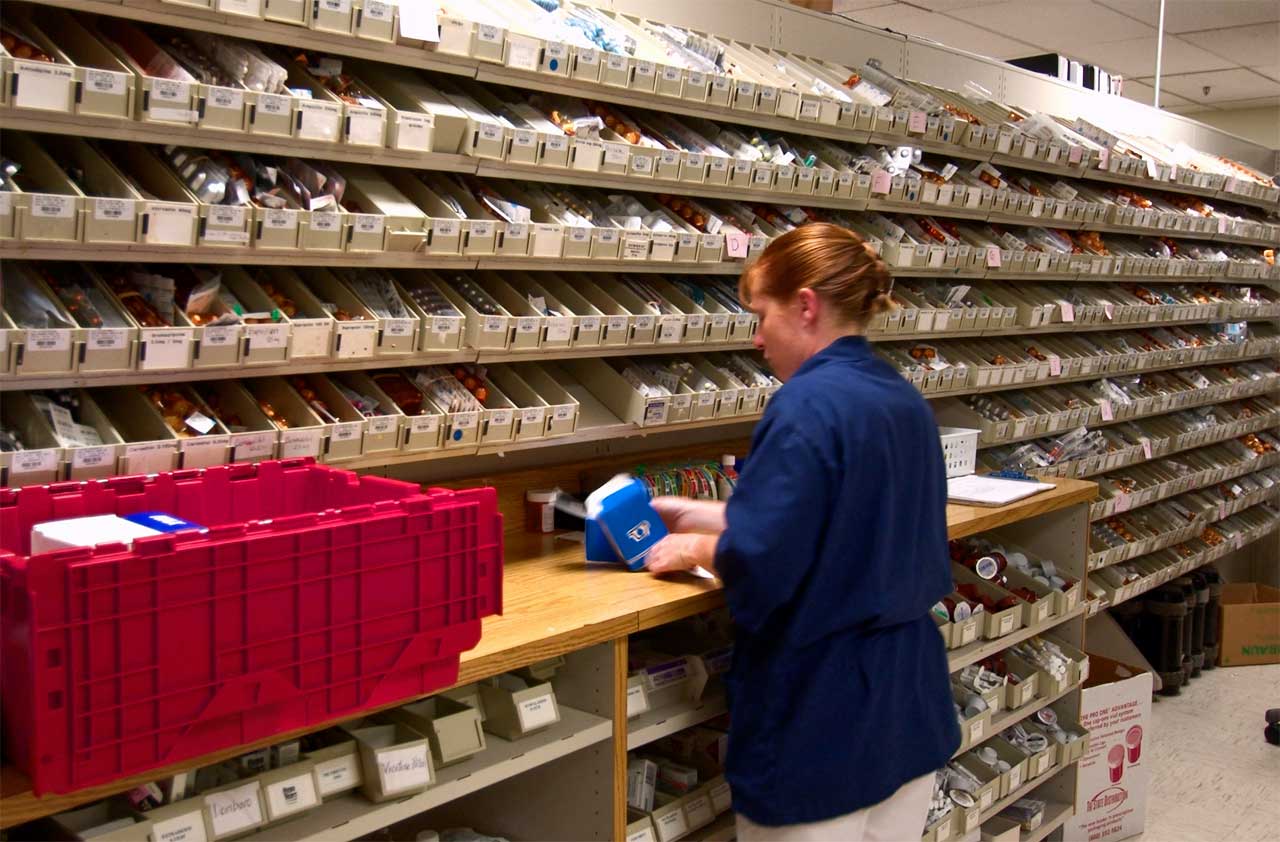
Bill Ackman, Pershing Square Holdings Fund
Bill Ackman’s hedge fund, Pershing Square, has produced stellar long-term results—posting a 503.1% cumulative return from 2004 through the end of 2016, compared with 163.4% for Standard & Poor’s 500-stock index.
- Mistake: Valeant Pharmaceuticals (symbol VRX, price $14.08) damaged Ackman’s returns and his reputation. Ackman initially teamed up with Valeant to buy a rival drug maker, Allergan, whose shares he also owned. Although that merger fell through, Ackman continued to invest in Valeant, arguing that the company, a serial acquirer, could be the next Berkshire Hathaway (BRK.B, $163.61).
- Lessons learned: “A management team with a superb long-term investment record is still capable of making significant mistakes,” said Ackman about Valeant. It may be a textbook case of a company trying so desperately to please Wall Street that it resorts to increasingly risky measures. The company’s growth-by-acquisition strategy looked brilliant for a while, but Valeant’s balance sheet crumbled as the firm piled on debt to make more purchases—eventually agreeing to pay a whopping $14.5 billion, including the assumption of debt, for drugmaker Salix in 2015. Meanwhile, the company started facing pressure on drug prices, eroding its sales and profit growth.
Instead, Valeant’s share price, which hit a high of $262.52 in August 2015, now trades at 5% of that price. Ackman recently booked a loss of more than $4 billion on his investment in the drugmaker. His Pershing Square fund tumbled by 13.5% in 2016, following a 20.5% loss in 2015, much of it related to losses in Valeant.
If it looks too good to be true, it often is. Valeant’s sales and profits weren’t what they seemed. The company secretly operated a mail-order pharmacy that bought Valeant’s drugs and inflated the firm’s revenues, eventually resulting in several accounting restatements. The company is now under a criminal investigation into whether the drug maker defrauded investors.
Ackman refused to give up until too late. He joined Valeant’s board of directors and helped recruit a new CEO, respected drug industry veteran Joseph Papa, in 2016. But Valeant’s stock continued to slide as its troubles mounted, and Ackman eventually conceded, selling his entire stake in the company by March of 2017.
SEE ALSO:Kiplinger's 25 Favorite No-Load Mutual Funds
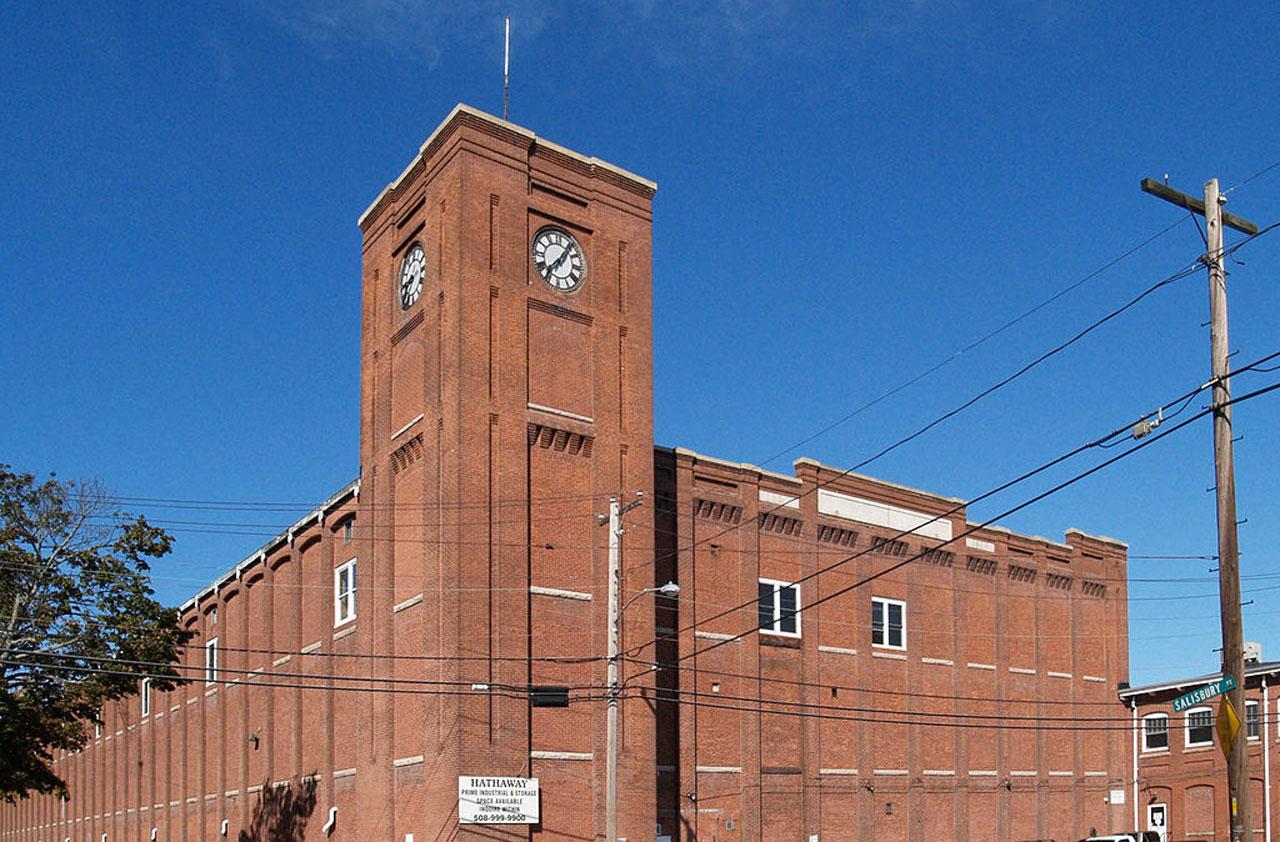
Warren Buffett, Berkshire Hathaway
Picking on Warren Buffett for his investment whiffs might seem picayune. After all, he has delivered superb returns for long-term investors in his holding company, Berkshire Hathaway. But you can still learn from the few times Buffett has blundered.
- Mistakes: Buying Berkshire Hathaway—the company that under Buffett’s leadership would go on to become one of the world’s most admired conglomerates—was his biggest miss, he has said. Berkshire was a struggling textile mill when Buffett bought the Massachusetts company in 1964, aiming to turn it around. But it never fared well, and he shut down the factory in 1985. Investing in Berkshire, he said in his 2014 shareholder letter, “was a monumentally stupid decision.”
- Lessons learned: Don’t throw good money after bad. That was Buffett’s mistake with Berkshire’s textile operations. Berkshire was “mired in a terrible business,” he said in his 2014 letter. “The industry in which it operated was heading south, both metaphorically and physically. And Berkshire, for a variety of reasons, was unable to change course.”
Buffett also lost money by investing in one of America’s biggest companies: Walmart (WMT, $75.11). The giant retailer first appeared as one of Berkshire’s major investments in 2005, when Buffett disclosed that he had bought nearly 20 million shares worth $933 million at the end of that year. A decade later, he owned 63.5 million shares worth $3.9 billion. But he still hadn’t made much profit, disclosing a cost basis of $3.6 billion on the investment. As of March 31, 2017, he had sold most of his shares, taking his stake to roughly $100 million.
Patience has a limit. Walmart was slow to respond to online competition posed by Amazon.com and other internet retailers. Now, the retailer is plowing money into e-commerce and recently acquired Jet.com to compete more effectively online. But these investments have pressured Walmart’s bottom line, and Buffett isn’t waiting around to see if they pan out. Walmart’s “got all kinds of strengths,” he said in a recent interview. “But I just decided that I’d look for a little easier game.”
SEE ALSO:5 Stock Picks That Warren Buffett Has Blown

Matthew Fruhan, Fidelity Mega Cap Stock
A veteran Fidelity fund manager, Fruhan has run Fidelity Mega Cap Stock (FGRTX) since 2009. The fund has edged ahead of rivals in the large-company-stock category since he took over.
- Mistake: Generic drugmaker Teva Pharmaceutical Industries (TEVA, $31.78) was a bad bet for Fruhan. The company’s earnings growth looked solid when he started investing a few years ago. But Teva went on to make a huge acquisition, paying nearly $40 billion in cash and stock to buy Allergan’s generic drug business in 2015 (the merger closed last year). Teva paid a “frothy” price for the business, Fruhan says. At the same time, generic drugmakers started facing pressure on prices, nicking profits. Investors sent Teva’s shares down 47% in the past two years.
- Lesson learned: It’s all about earnings. Fruhan says his “Achilles heel” is misjudging a company’s earnings power over a three-to-five-year horizon. Teva didn’t live up to his expectations because of costly acquisitions and price pressures.
SEE ALSO:Best Stocks Under $20 to Buy Now
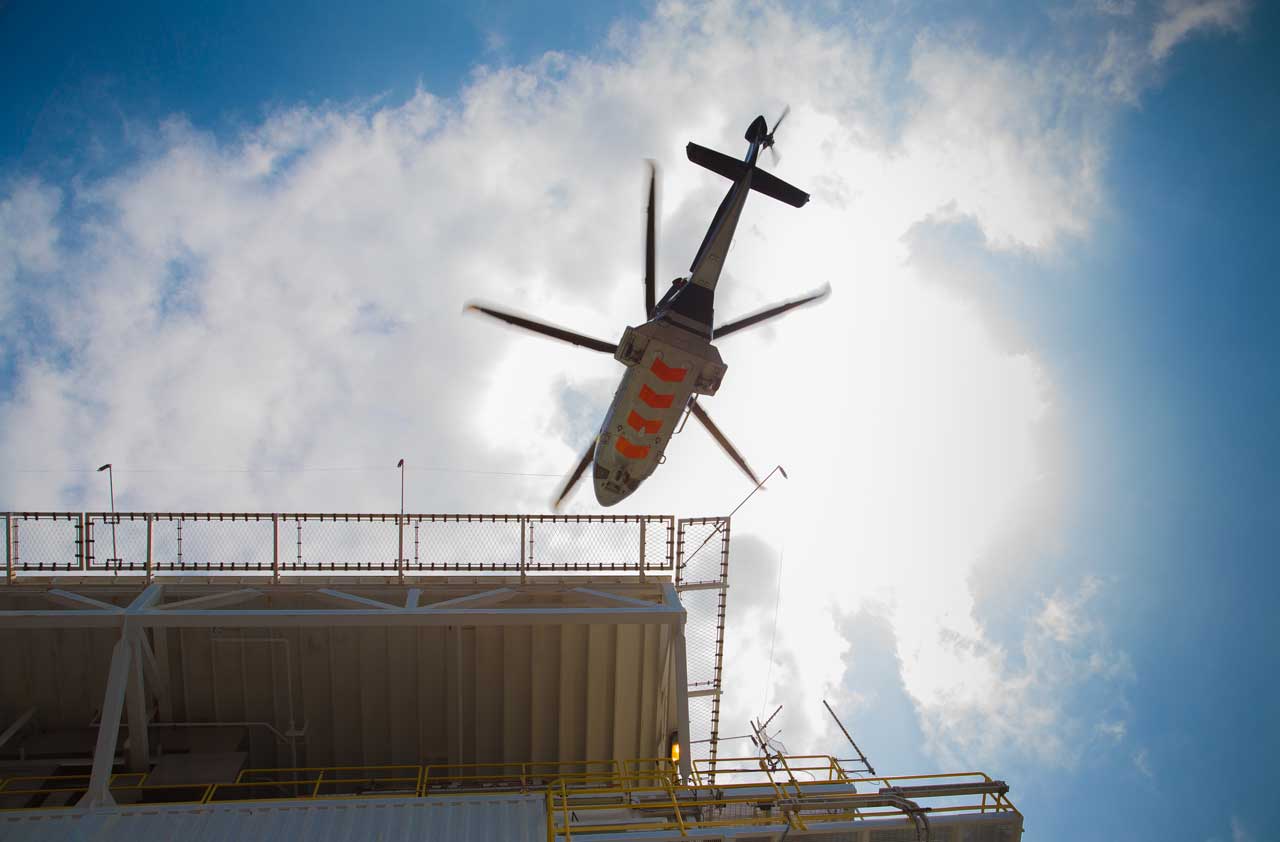
John Rogers, Ariel Fund
The founder of Ariel Investments, John Rogers has racked up a solid record as lead manager of the Ariel Fund (ARGFX). But his investments have gone awry on occasion.
- Mistake: Bristow Group (BRS, $13.32) is a recent disappointment. The company is the largest supplier of helicopters for the offshore oil-and-gas industry, transporting crews and providing emergency services. Rogers invested in 2012, when the energy industry was thriving. He met with the management team six times, he says, to understand the business. Yet, he was caught by surprise when offshore projects got canceled as the industry shifted to on-shore drilling. Then, oil prices plunged as production expanded, further weakening demand for helicopters. Bristow’s stock has since collapsed from more than $80 a share in mid-2014 to $13.32
- Lesson learned: Consider the worst-case scenario. Ariel fund managers now try to assess how a company will withstand a steep industry downturn, paying special attention to a company’s level of debt.

Mark Finn, T. Rowe Price Value Fund
As manager of T. Rowe Price Value (TRVLX), Mark Finn has steered the fund to a 15.5% annualized return over the past five years, landing in the top 5% of the large-value category, according to Morningstar.
- Mistake: When asked about his biggest mistake, Finn doesn’t hesitate: Avon Products (AVP, $3.72). Known for its door-to-door sales of beauty products, the company has been hammered by online competition and rivals such as Estee Lauder and Procter & Gamble. Finn inherited the stock when he took over the fund in 2010. “I thought leadership was the problem,” he says, and he was hopeful when the company recruited CEO Sheri McCoy from Johnson & Johnson in 2012. But eventually “it became clear that the pressures on Avon were greater than we appreciated,” he says. Finn started selling the stock in 2014 at about $14, ultimately taking losses of more than 50% on the position.
- Lesson learned: Stocks that look cheap on paper can be value traps. The world changed around Avon, while its business model—door-to-door sales—stayed the same. No matter how inexpensive a stock looks in such a scenario, says Finn, it’s best to steer clear.
SEE ALSO: The 8 Most Dangerous Investing Mistakes
Profit and prosper with the best of Kiplinger's advice on investing, taxes, retirement, personal finance and much more. Delivered daily. Enter your email in the box and click Sign Me Up.

-
 The New Reality for Entertainment
The New Reality for EntertainmentThe Kiplinger Letter The entertainment industry is shifting as movie and TV companies face fierce competition, fight for attention and cope with artificial intelligence.
-
 Stocks Sink With Alphabet, Bitcoin: Stock Market Today
Stocks Sink With Alphabet, Bitcoin: Stock Market TodayA dismal round of jobs data did little to lift sentiment on Thursday.
-
 Betting on Super Bowl 2026? New IRS Tax Changes Could Cost You
Betting on Super Bowl 2026? New IRS Tax Changes Could Cost YouTaxable Income When Super Bowl LX hype fades, some fans may be surprised to learn that sports betting tax rules have shifted.
-
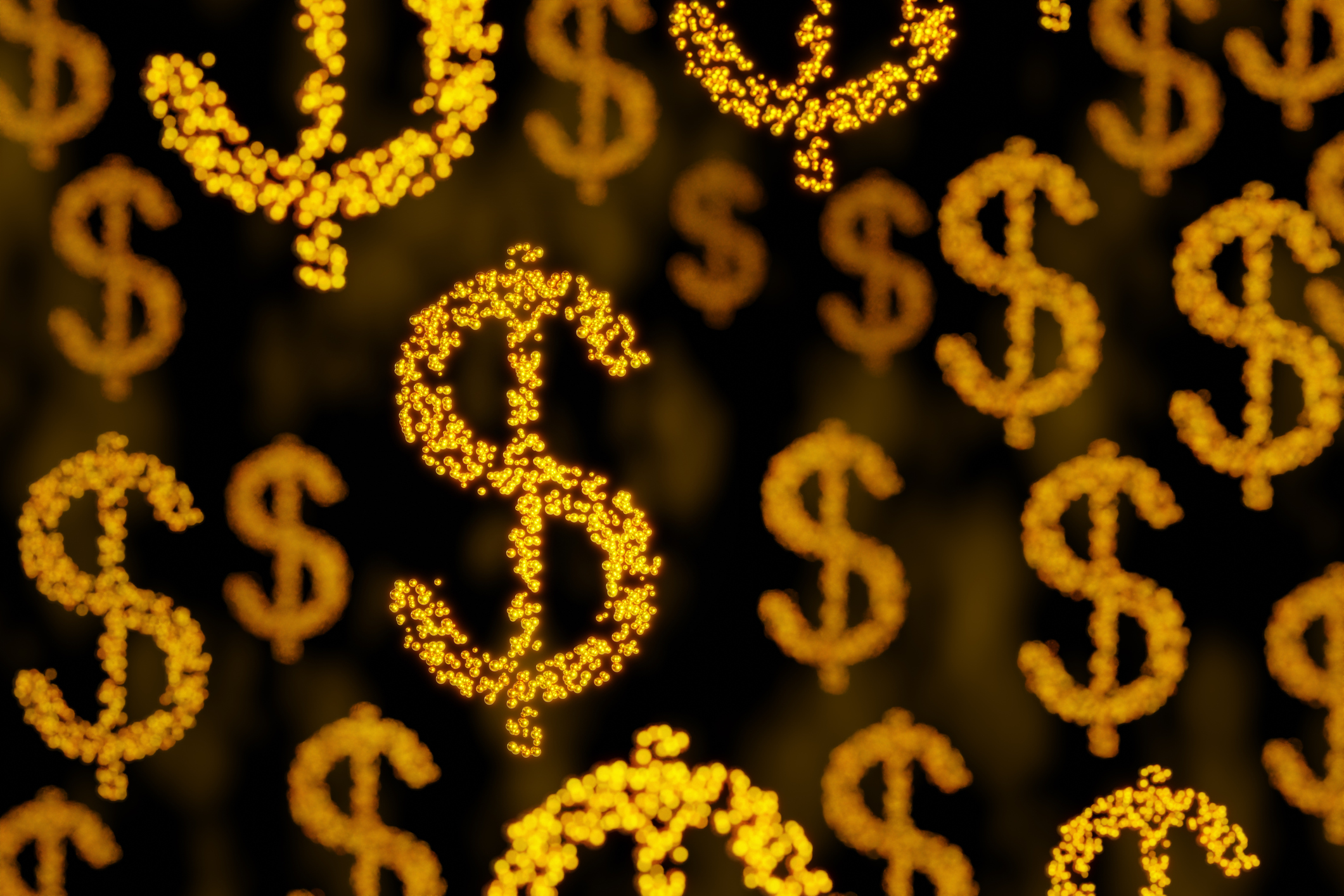 Why I Trust These Trillion-Dollar Stocks
Why I Trust These Trillion-Dollar StocksThe top-heavy nature of the S&P 500 should make any investor nervous, but there's still plenty to like in these trillion-dollar stocks.
-
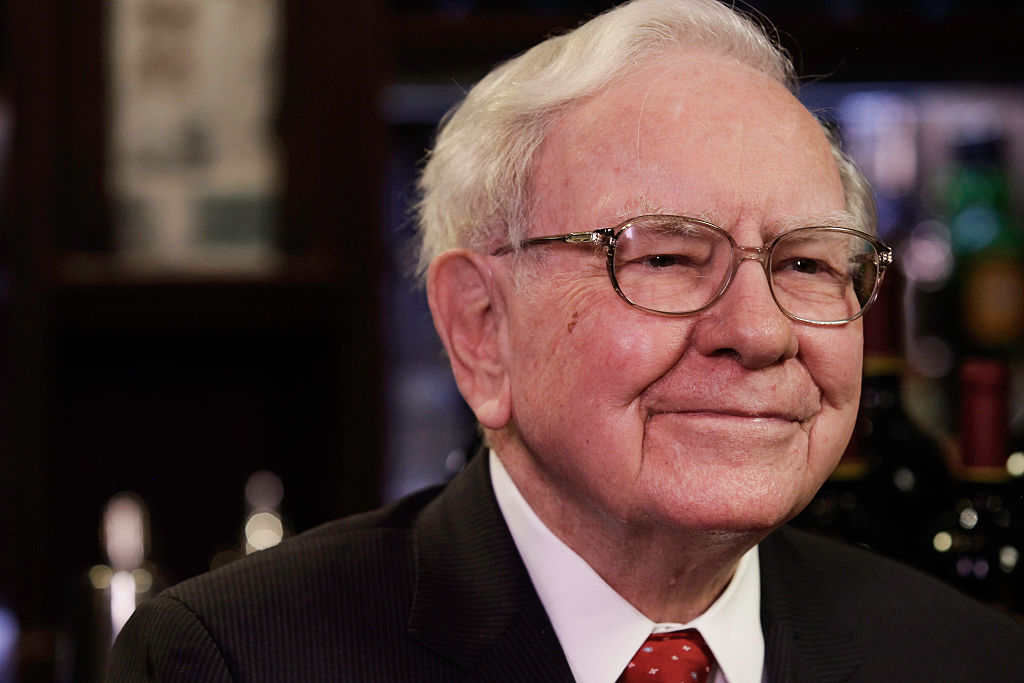 What Made Warren Buffett's Career So Remarkable
What Made Warren Buffett's Career So RemarkableWhat made the ‘Oracle of Omaha’ great, and who could be next as king or queen of investing?
-
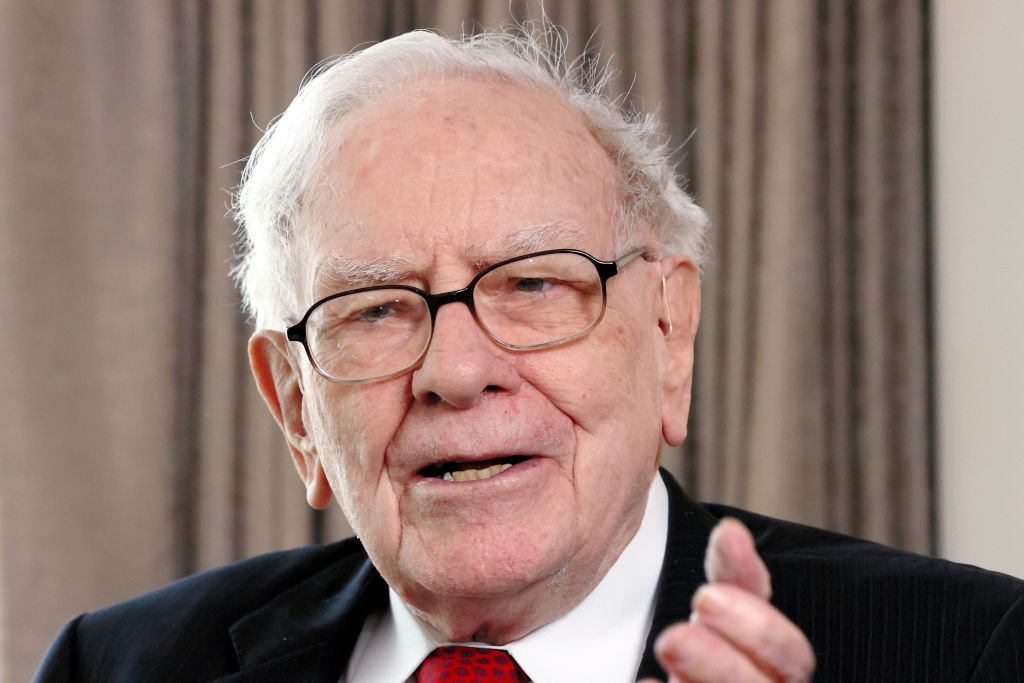 With Buffett Retiring, Should You Invest in a Berkshire Copycat?
With Buffett Retiring, Should You Invest in a Berkshire Copycat?Warren Buffett will step down at the end of this year. Should you explore one of a handful of Berkshire Hathaway clones or copycat funds?
-
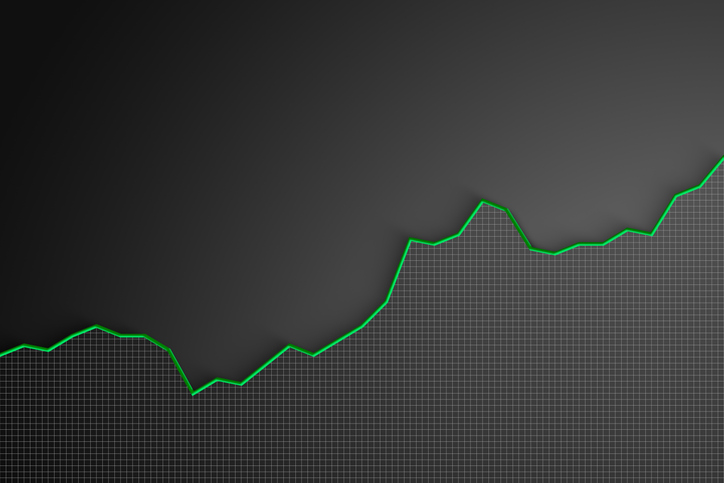 Stocks at New Highs as Shutdown Drags On: Stock Market Today
Stocks at New Highs as Shutdown Drags On: Stock Market TodayThe Nasdaq Composite, S&P 500 and Dow Jones Industrial Average all notched new record closes Thursday as tech stocks gained.
-
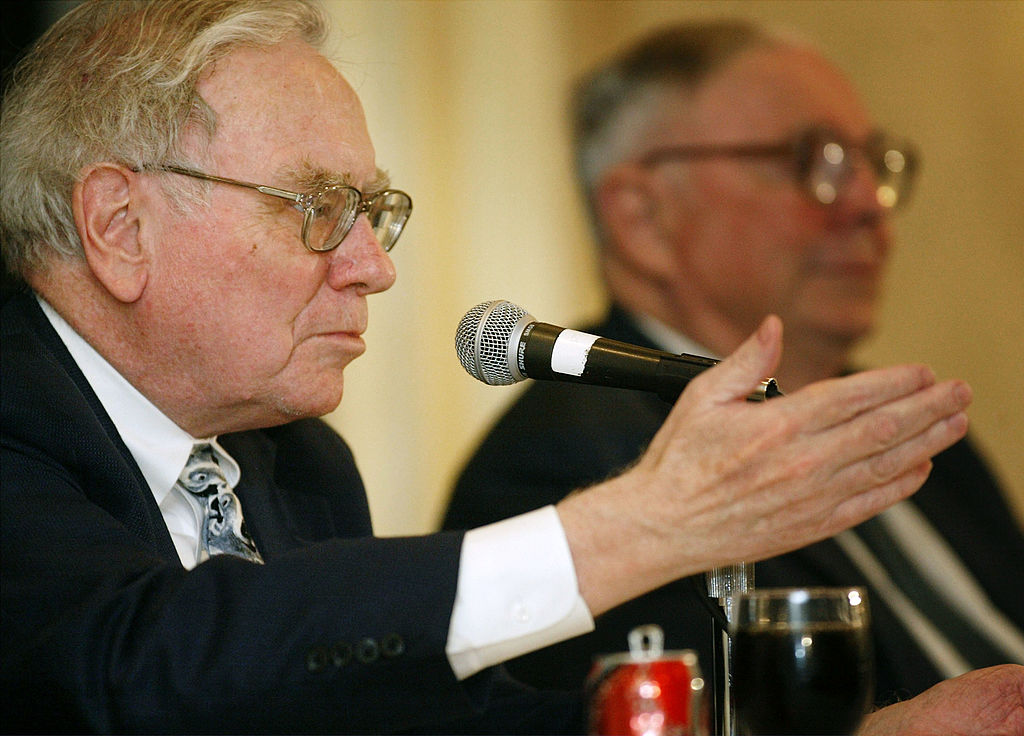 9 Warren Buffett Quotes for Investors to Live By
9 Warren Buffett Quotes for Investors to Live ByWarren Buffett transformed Berkshire Hathaway from a struggling textile firm to a sprawling conglomerate and investment vehicle. Here's how he did it.
-
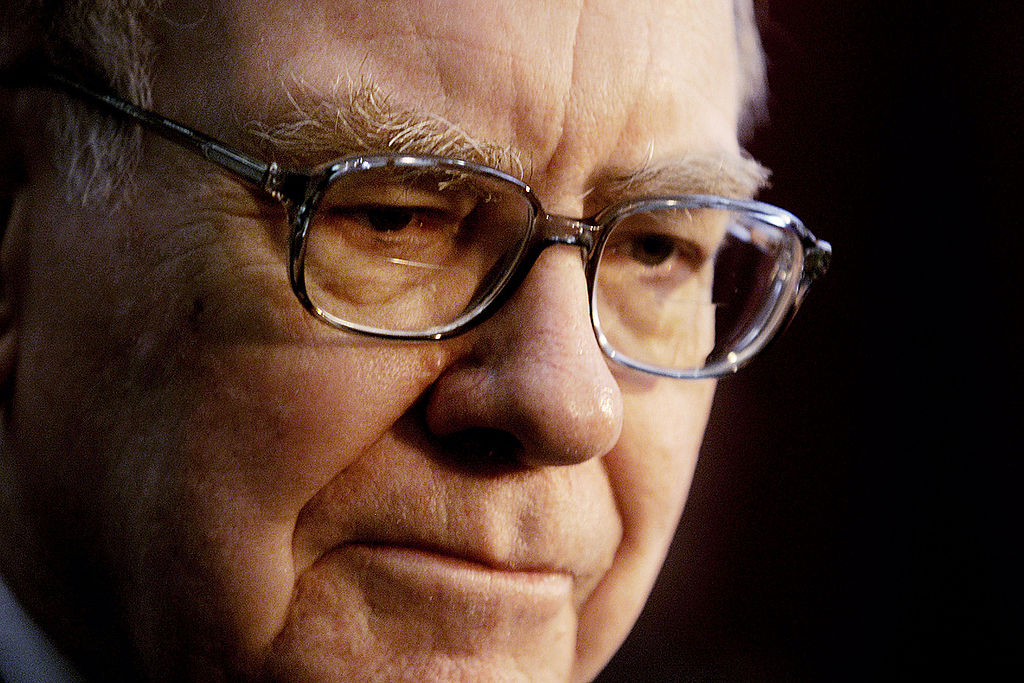 A Timeline of Warren Buffett's Life and Berkshire Hathaway
A Timeline of Warren Buffett's Life and Berkshire HathawayBuffett was the face of Berkshire Hathaway for 60 years. Here's a timeline of how he built the sprawling holding company and its outperforming equity portfolio.
-
 Berkshire Buys the Dip on UnitedHealth Group Stock. Should You?
Berkshire Buys the Dip on UnitedHealth Group Stock. Should You?Buffett & Co. picked up UnitedHealth stock on the cheap, with the embattled blue chip one of the newest holdings in the Berkshire Hathaway equity portfolio.
-
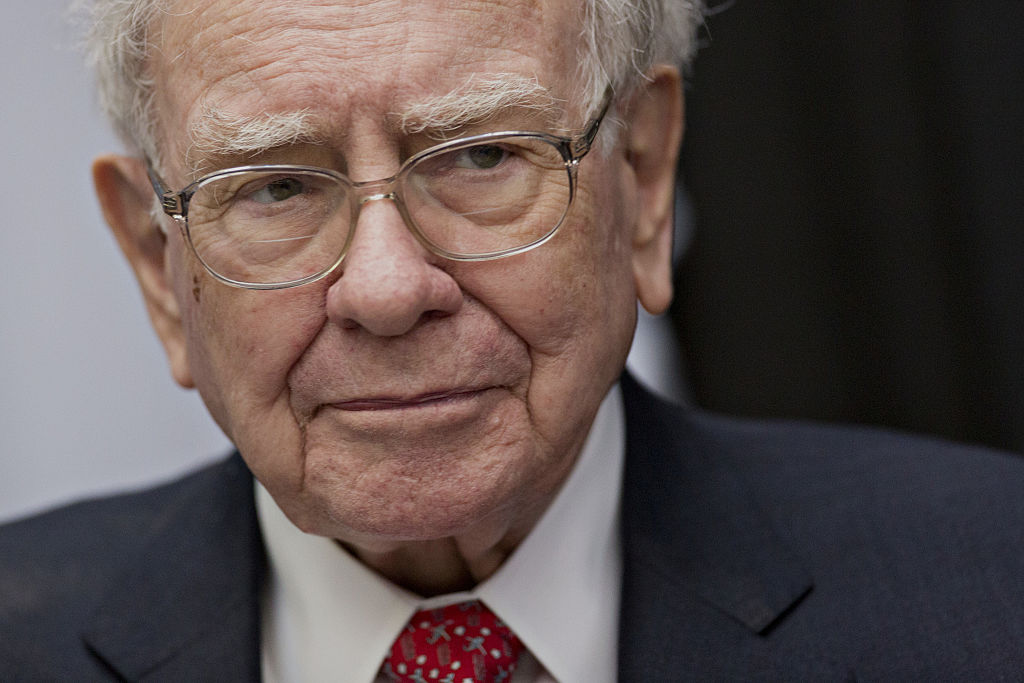 What Set Warren Buffett Apart
What Set Warren Buffett ApartAs Warren Buffett prepares for retirement, we reflect on what we've learned from his 60 years of leadership at Berkshire Hathaway.
